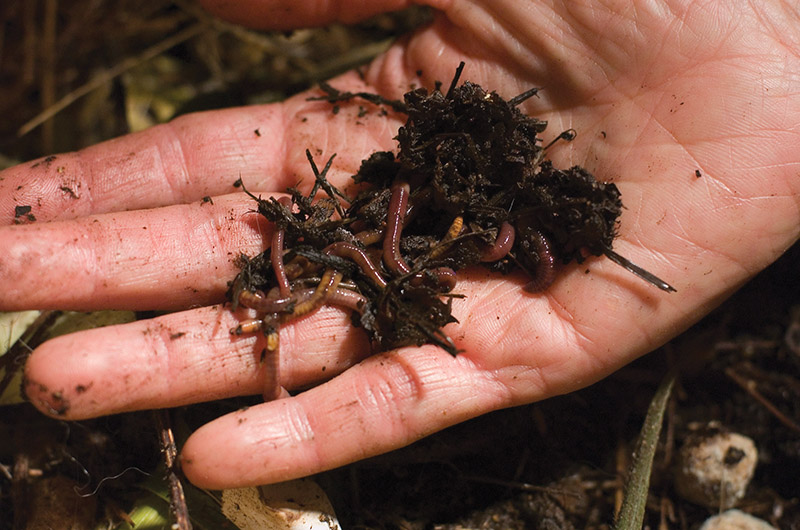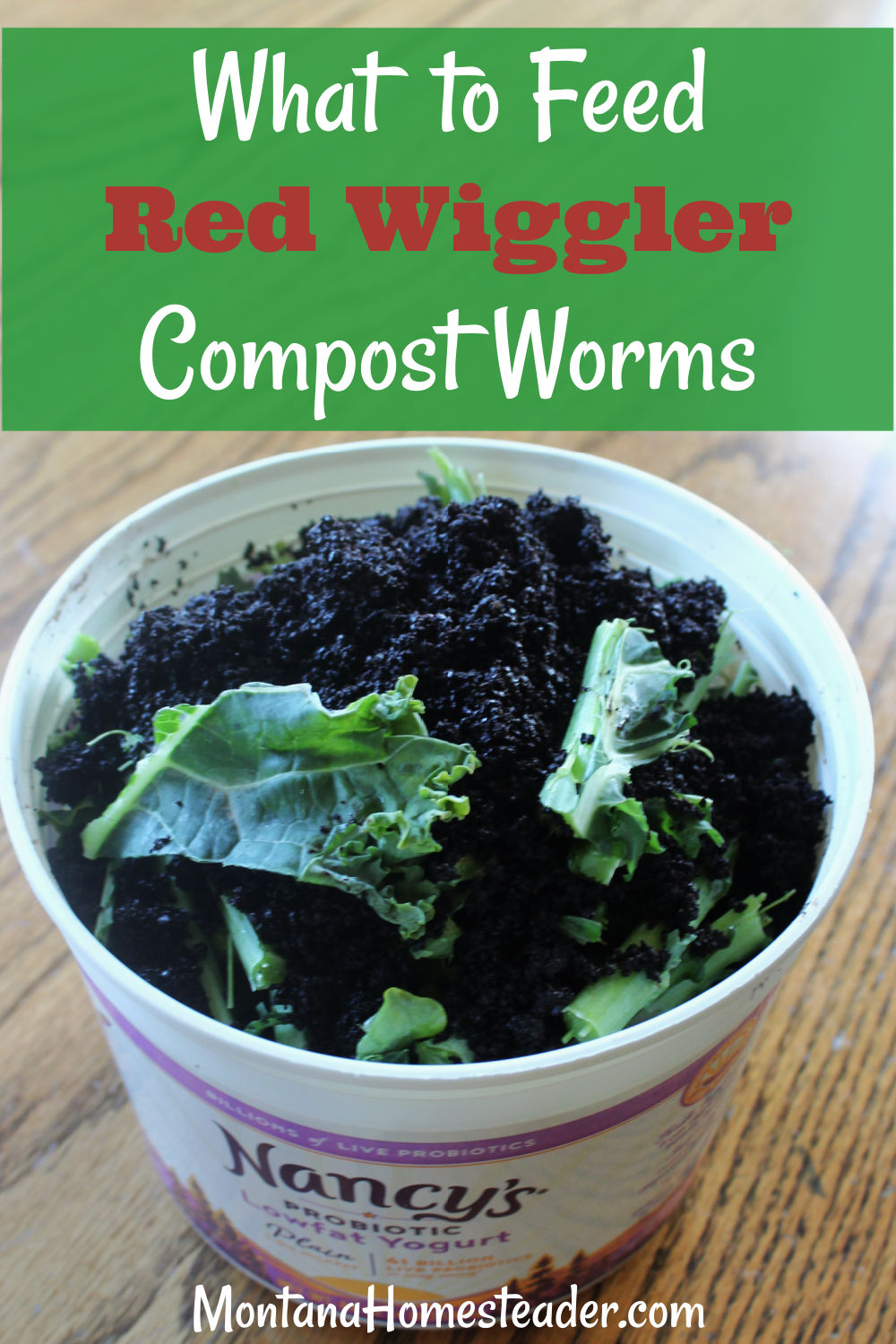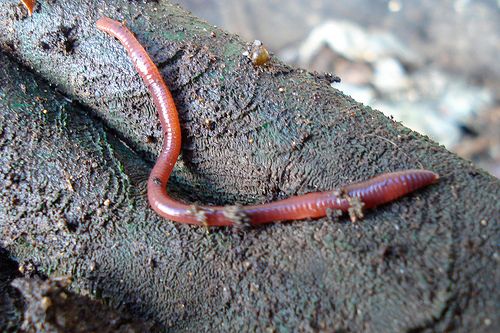Get Red Wiggler Worms - Suitable for Composting and Gardening
Get Red Wiggler Worms - Suitable for Composting and Gardening
Blog Article
Red Wiggler Worms Demystified: Unlocking the Keys of Vermiculture for Greener Living and Nutrient-Rich Soil
In the world of sustainable methods for improving dirt top quality and promoting eco-conscious living, red wiggler worms play a crucial yet commonly neglected function. Red Wiggler Worms. Understanding the ins and outs of caring for these worms, maximizing their environment, and utilizing their castings can lead to a greener way of life and much healthier soil for plants to grow.
The Function of Red Wiggler Worms
Red Wiggler worms play an important duty in composting systems by effectively damaging down raw material right into nutrient-rich spreadings. These starved eaters eat a variety of natural materials, such as kitchen scraps, backyard waste, and paper products. As they feed, the worms' digestive system processes damage down the natural matter right into a fine, dark, and nutrient-dense product understood as worm spreadings or vermicompost.
The castings generated by Red Wiggler worms are highly valuable for dirt wellness and plant growth. They are abundant in vital nutrients like phosphorus, nitrogen, and potassium, which are essential for supporting healthy plant growth. Additionally, worm castings include beneficial microorganisms and enzymes that help boost soil framework, increase water retention, and improve nutrient uptake by plants.
Advantages of Vermicomposting

Furthermore, vermicompost, the nutrient-rich final product of vermicomposting, works as a superb natural fertilizer and soil conditioner. It improves dirt framework, improves dirt oygenation, and boosts dirt wetness retention. These buildings add to much healthier plants with stronger origin systems and better resistance to illness and insects. Vermicompost additionally improves the soil with necessary nutrients like potassium, phosphorus, and nitrogen, advertising plant development and general soil fertility.
Furthermore, vermicomposting assistances sustainable horticulture practices by offering a chemical-free and natural option to artificial fertilizers. Red Wiggler Worms. This eco-friendly technique not just enriches the soil however additionally helps minimize reliance on damaging chemicals, promoting a greener and a lot more lasting means of gardening
Establishing Up a Worm Bin
When establishing a worm bin for vermicomposting, proper arrangement is essential to guarantee the success of the composting process. The first action in establishing up a worm bin is selecting a suitable container.
After including the bed linens, present the red wiggler worms to the container. It is suggested to start with a handful of worms and gradually raise as they increase. The worms should then be provided with food scraps such as vegetables and fruit peels, coffee grounds, and eggshells. It is important to prevent including meat, dairy products, oily, or salted foods to stop attracting insects and producing undesirable smells.
Regularly keep track of the moisture levels and temperature in the worm bin to guarantee optimal conditions for the worms. With proper setup and maintenance, the worm container will successfully transform organic waste into nutrient-rich compost for your plants and garden.
Gathering Worm Spreadings
To effectively gather nutrient-rich worm castings from your vermicomposting system, a systematic harvesting technique is crucial. When it comes time to collect the worm castings, there are a few vital steps to comply with to make sure an effective process. First of all, quit adding fresh food scraps away of the worm container for a couple of weeks before gathering. click for info This motivates the worms to move sideways with fresh bedding and food, making it easier to scoop out the castings from the opposite.

Troubleshooting Common Issues
Recognizing and resolving typical challenges that might occur throughout the vermicomposting procedure is important for maintaining a efficient and healthy worm container. Including excess food scraps can lead to a build-up of dampness and level of acidity in the worm bin, potentially hurting the worms. An additional concern is unpleasant smells rising from the worm container.
Furthermore, if the worm populace is declining or the worms show up undesirable, maybe as a result of ecological stressors such as extreme temperature levels or pH levels. Keeping track of these variables and making required modifications is essential for the wellness of the worms. By repairing these common problems without delay, vermicomposters can guarantee a effective and smooth vermicomposting process while preserving a growing worm population.

Conclusion
To conclude, red wiggler worms play see this site a critical role in vermiculture by breaking down organic matter right into nutrient-rich dirt. The advantages of vermiculture consist of greener living and improved dirt top quality. Establishing up a additional reading worm container is crucial for successful vermiculture, and harvesting worm castings provides beneficial garden compost for horticulture. By comprehending and fixing typical issues, people can open the tricks of vermiculture for sustainable living and healthier dirt.
As they feed, the worms' digestive system processes break down the natural matter into a penalty, dark, and nutrient-dense product known as worm spreadings or vermicompost.
The spreadings produced by Red Wiggler worms are very valuable for dirt health and plant development. Adding excess food scraps can lead to a buildup of dampness and acidity in the worm container, potentially damaging the worms.Furthermore, if the worm population is decreasing or the worms appear harmful, it could be due to ecological stressors such as severe temperatures or pH degrees. Setting up a worm container is vital for successful vermiculture, and harvesting worm spreadings supplies beneficial compost for gardening.
Report this page